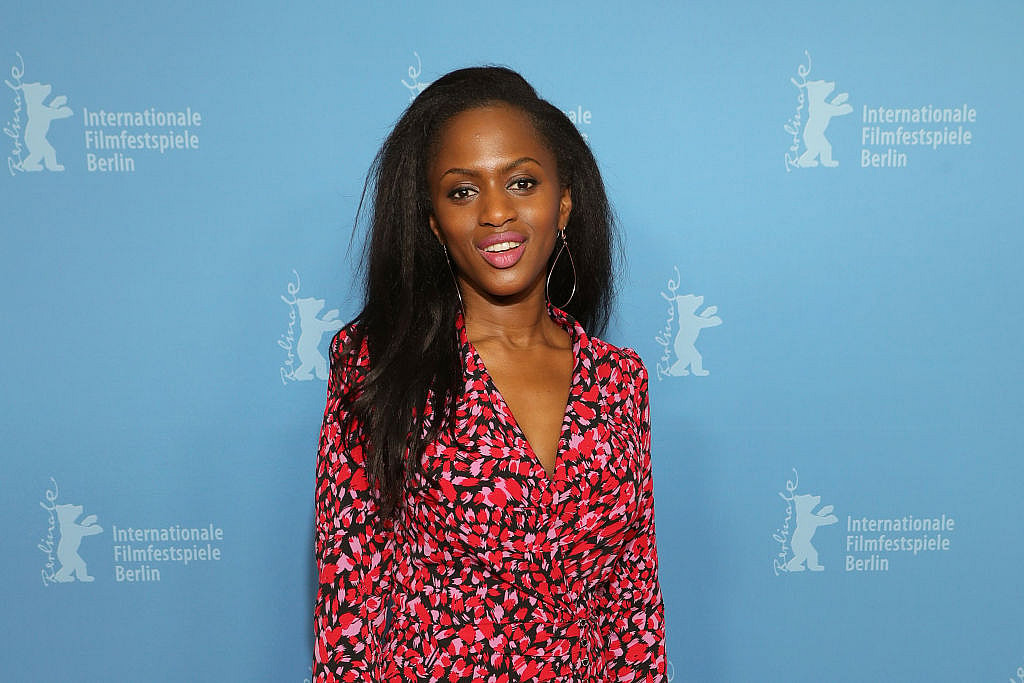Ever since Netflix unveiled the promo poster for Cuties, critics, viewers and politicians far and wide have been raging against the streamer and accusing it of promoting child pornography. While Netflix has since apologized for its poor marketing choices, the film has continued to receive major backlash and even prompted people #CancelNetflix over the controversy.
The film’s director, Maïmouna Doucouré, responded to the backlash in an op-ed for The Washington Post.
“I wanted to make a film in the hope of starting a conversation about the sexualization of children. The movie has certainly started a debate, though not the one that I intended,” she writes.
Read More: ‘Cuties’ director received death threats after Netflix marketing campaign
She explains how she was inspired to make the movie after seeing a young group of girls performing a dance she felt was far too risqué for their age. She took on the task of challenging society’s relationship with young women through her art and set out to interview hundreds of girls about their experiences.
“The stories that the girls I spoke to shared with me were remarkably similar. They saw that the sexier a woman is on Instagram or TikTok, the more likes she gets,” she continues. “They tried to imitate that sexuality in the belief that it would make them more popular. Spend an hour on social media and you’ll see preteens — often in makeup — pouting their lips and strutting their stuff as if they were grown women. The problem, of course, is that they are not women, and they don’t realize what they are doing. They construct their self-esteem based on social media likes and the number of followers they have. To see these youngsters put so much pressure on themselves so early was heartbreaking. Their insights and experiences with social media informed Cuties.”

The story centers on an 11-year-old girl named Amy whose family is from Senegal and lives in Paris. When she learns her father is planning to take on a second wife and watches her mother accept the harsh news without putting up a fight, she starts to go down a path of self discovery that is both shocking and disturbing.
The main problem people have with the film stems from some scenes that show Amy and her friends dancing provocatively, making sexually suggestive movements, mimicking what they see on social media. Many critics accuse the camera of lingering too long on the young girls’ bodies, and many were enraged at the moment an older teen flashes a bare breast. In her op-ed, Doucouré explains several of those decisions.
“I wanted to open people’s eyes to what’s truly happening in schools and on social media, forcing them to confront images of young girls made up, dressed up and dancing suggestively to imitate their favorite pop icon. I wanted adults to spend 96 minutes seeing the world through the eyes of an 11-year-old girl, as she lives 24 hours a day. These scenes can be hard to watch but are no less true as a result,” she writes.

“Like most 11- and 12-year-olds, our actors in the film had already seen these types of dances and more. Despite this, during filming we were extremely mindful of their age. A trained counselor was present on set. There was no nudity except for a one-second shot in which the main characters see the exposed breast of an actress over 18 while watching a video of a dance routine on a grainy mobile screen. The project was even approved by the French government’s child protection authorities.”
Read More: Netflix acquires Zendaya, John David Washington romance ‘Malcolm & Marie’
While some folks have already decided that Cuties goes much too far and accuse the film of promoting child pornography, others insist it goes just far enough to start a long overdue conversation about the way society sexualizes young girls and exposes them to imagery much too mature for them to understand.
As someone who has been bothered by the way girls are influenced by the celebrities and the media for years, I’m much less offended by the content of this particular film than I am by the real life videos I’m constantly seeing on IG or Tik Tok.
Many will choose to continue to point their anger toward the woman who made a film that highlights such a disgusting trend, or the studio that is distributing it, but only time will tell if that fury is ever translated to the actual sources of the problem.
Have you subscribed to theGrio’s new podcast “Dear Culture”? Download our newest episodes now!

